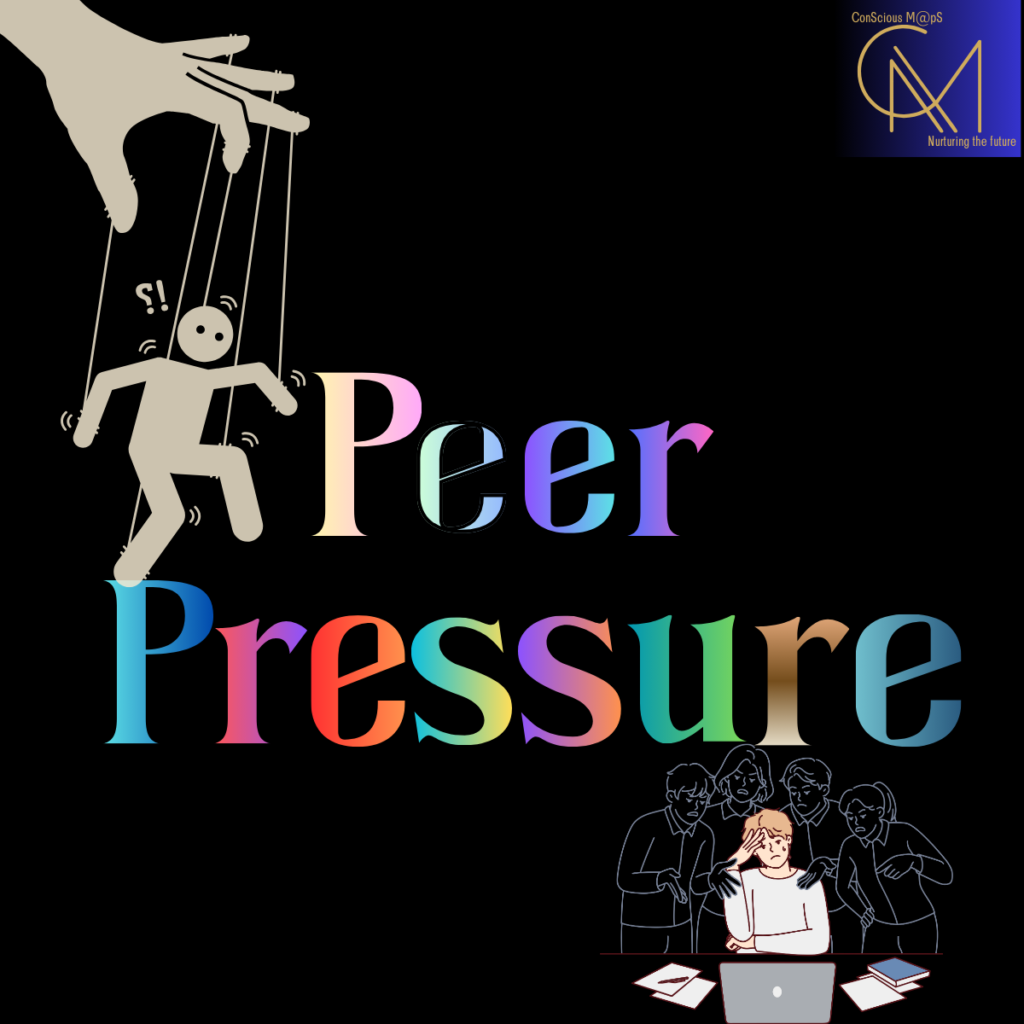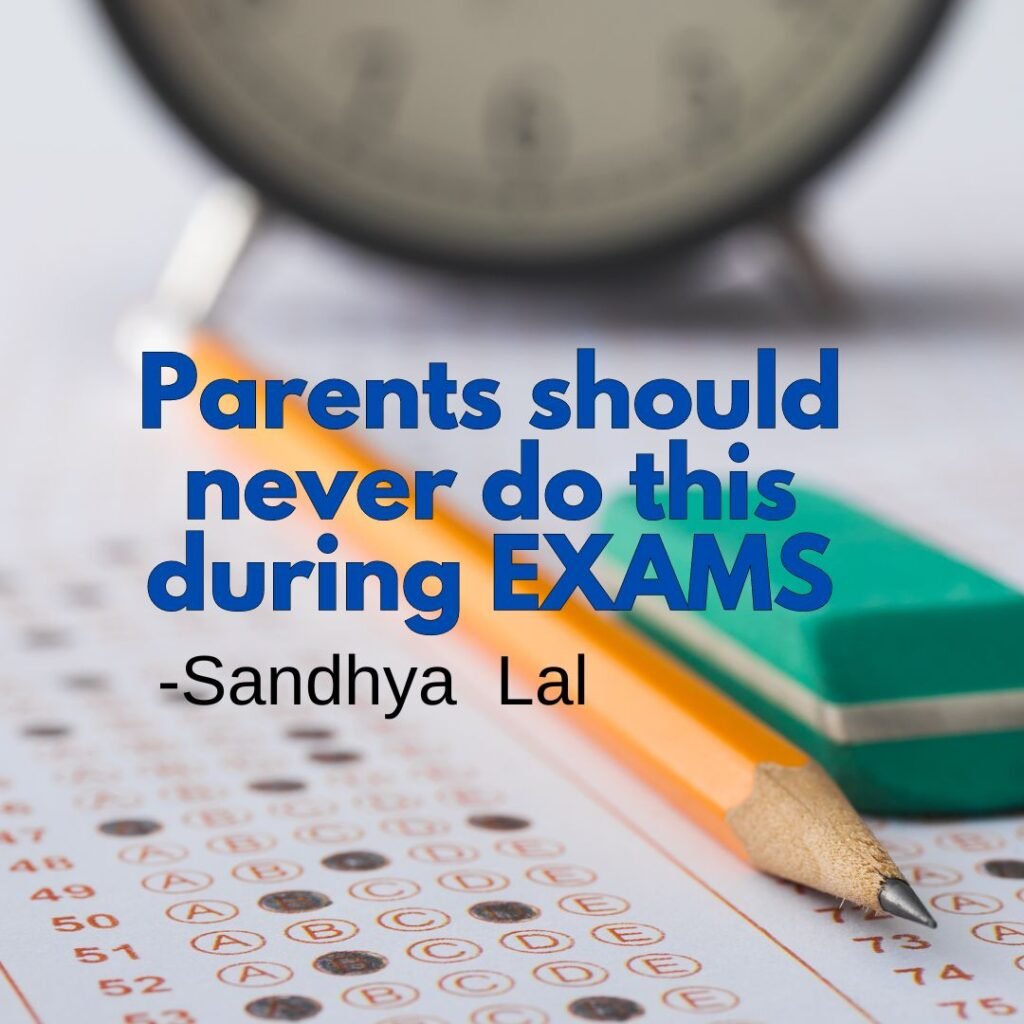
As parents, we strive to nurture our children, guiding them through life’s challenges. But one powerful tool often overlooked in parenting is appreciation. It’s more than just saying “good job” — it’s about recognizing their efforts, nurturing self-esteem, and helping them grow. What’s more, it takes real courage to consistently encourage our kids in a world that tends to focus more on correcting mistakes than celebrating effort.
“Children need models more than they need critics.” – Joseph Joubert
Parenting can be overwhelming, and between juggling work, house chores, and family demands, it’s easy to focus on what isn’t going well. However, shifting to a mindset of appreciation can transform the atmosphere in your home and foster stronger connections with your children.
Why Appreciation Matters
Children, just like adults, thrive on positive reinforcement. When they feel appreciated, they feel valued, which boosts their self-worth and encourages them to continue positive behaviors. They start to internalize the belief that they are capable and worthy — a crucial part of emotional development.
Fun Fact: When you express appreciation to your child, both of you experience a release of dopamine — the “feel-good” brain chemical. It’s an instant boost of positivity!
Encouragement Builds Courage
Appreciation is more than just praising your child when they succeed. It’s about recognizing their effort, especially when things don’t go perfectly. For instance, imagine your child spends hours on a project that doesn’t turn out right. Instead of focusing on the mistakes, say, “I’m proud of how much effort you put into this.” This small shift encourages a growth mindset — the belief that effort is what truly counts.
“Children are apt to live up to what you believe of them.” – Lady Bird Johnson
When we appreciate our kids, we send a powerful message: we believe in them. This belief fosters their own self-confidence. Children who feel appreciated are more likely to take on challenges, knowing their effort will be acknowledged, even when the results aren’t perfect.
Small Acts of Appreciation Matter
It’s not just about recognizing the big milestones — appreciating small, everyday actions is key. Did your child help with chores without being asked? Thank them. Did they show kindness to a friend? Let them know you noticed.
These small moments teach children that their actions matter, that kindness and effort are valued, and that you see them even when life is busy.
Injecting Fun Into Appreciation
Appreciation doesn’t have to be serious all the time! You can make it fun, which might even make it more memorable for your child.
For instance, instead of saying, “Thanks for cleaning your room,” try something like, “Wow, did a magical cleaning fairy visit? Your room looks AMAZING!” Adding humor lightens the mood and reinforces the positive behavior in a playful way.
Similarly, if your child stayed patient during a long day of errands, you could say, “I think you just won the ‘Ultimate Patience Champion’ award!” This adds a lighthearted touch to your appreciation, turning it into a fun moment for both of you.
“The way we talk to our children becomes their inner voice.” – Peggy O’Mara
Encouraging a Growth Mindset
One of the greatest gifts you can give your child is the courage to keep trying, even when things are difficult. By appreciating their effort, rather than just their results, you help them develop a growth mindset — a belief that challenges help them grow rather than defining their limitations.
For example, when your child struggles with a task, avoid jumping in to fix it or pointing out the mistakes. Instead, you can say, “I can see you’re working hard. Keep going, you’ll figure it out.” This type of encouragement helps build resilience and perseverance, qualities that are essential for lifelong success.
How to Practice Daily Appreciation
Bringing more appreciation into your daily routine is simple with these steps:
- Be specific: Rather than general praise, be clear about what you’re appreciating. For example, “I noticed how focused you were while doing your homework today.”
- Catch them doing good: Notice the small positive behaviors, whether it’s helping around the house or being kind to a sibling, and comment on them.
- Appreciate effort, not just results: Whether they succeeded or struggled, appreciate the hard work they put in.
- Praise and correction at separate times: Don’t mix praise and correction in the same conversation. Let praise stand alone, and save any corrective feedback for another moment.
- Praise must be genuine and sincere: Children can sense when praise is forced or exaggerated. Be honest, and let them know that you truly mean what you say.
- Praise in public, correct in private: When your child does something commendable, acknowledge it in front of others. But when corrections are needed, keep them private to maintain their dignity.
- Accentuate the positive: Focus on what your child is doing right rather than constantly pointing out mistakes. Highlight their strengths and positive actions.
- Use humor: Add some fun! Playful comments or silly awards can make appreciation even more special.
“A child who is appreciated will become an adult who appreciates.” – Unknown
Conclusion: The Ripple Effect of Appreciation
Taking the time to appreciate your child does more than just make them feel good for a moment. You’re teaching them to value themselves, to keep going when things get tough, and to appreciate the effort and kindness in others.
The courage to encourage is a gift that keeps on giving. As you practice appreciation, you’ll see your child’s confidence grow, their willingness to embrace challenges expand, and your relationship strengthen.
So, take a moment today to appreciate your child — for the big things, the small things, and everything in between. You’ll be amazed at the difference it makes in their life and yours.
Ms. Sonali Dutta
Parenting Coach
Contact: 76088 89728




















